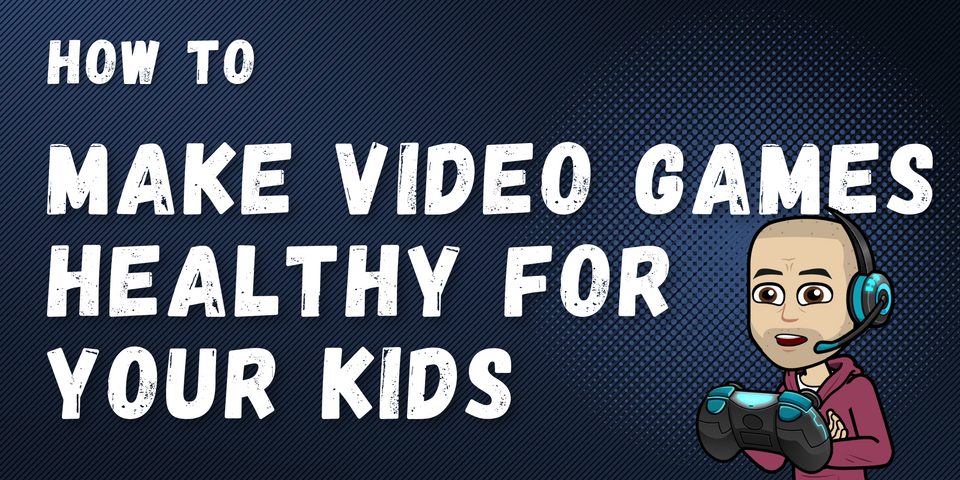How to use video games to improve kids

Tips for transferring video game skills into the real world by a PhD Game Designer
PhD Game Designer Jane McGonigal, shared how to make sure your kids enjoy the benefits of video games. Transferring the skills they learn playing into their day-to-day life.
Bonus tips: Why you should let your kids play video games before they do their homework.
Your kids will play video games, now way around it... Chances are you're playing video games as well.
(yes, playing on your phone counts, yes even candy crush...).
But video games have an upside let's look at some of the upsides of video games. Then we'll look how you can make sure your kids enjoy it.
Benefits of video games
- Games are designed to frustrate you: They keep you challenged, you have to adapt and get better. They teach you to adapt to new situations. You have to overcome frustrations.
- Adaptability and mind flexibility: As you improve you build confidence in your ability to adapt, and learn new things.
- Understand complex situations: People who play a lot get good at anticipating second, third, fourth order consequences of events.
How to make video game skill transfer into the rest of kids life
These questions make skills transferable from the game to other areas of life:
- What game you're playing? Bonus points: Talk about the game, have them show it to you. Even play a round. Enjoy.
- What skills are needed to be successful/good in this game? What do you have to do good in order to win? Why do you need it?
- What's something hard that you accomplished? ”WOW! Beating the boss of the first level must have been hard! How did you do it?”
Time limit
Up to 21 hours a week - More than that bad effects outweigh the benefits.
Play before homework
This might sound counter-intuitive, but here's why it's not
- The human brain focuses on the last salient problem it faces.
- If you play after doing homework the brain will focus on game problems. (think of all the nights you spent laying in bed, playing imaginary Tetris in your head).
Do you want your child to go to bed thinking how to beat a boss in a game, or on some other real world problem?
Your kids will play video games, you can try to fight it, or treat it as a “necessary evil”, but it’ll be part of your kids lives.Use it as a chance to connect with them, and leverage it to help them grow in other areas of their life.
Notes from The Knowledge Project podcastJane McGonigal: The Psychology of Gaming [Ep. #101]

Member discussion